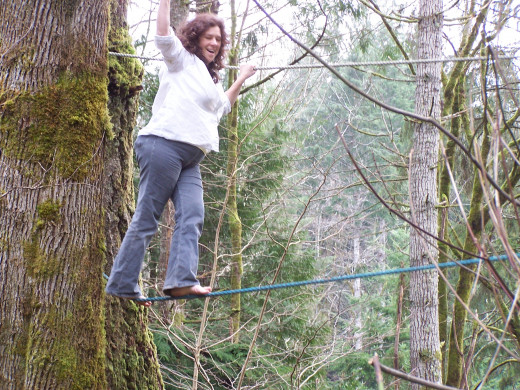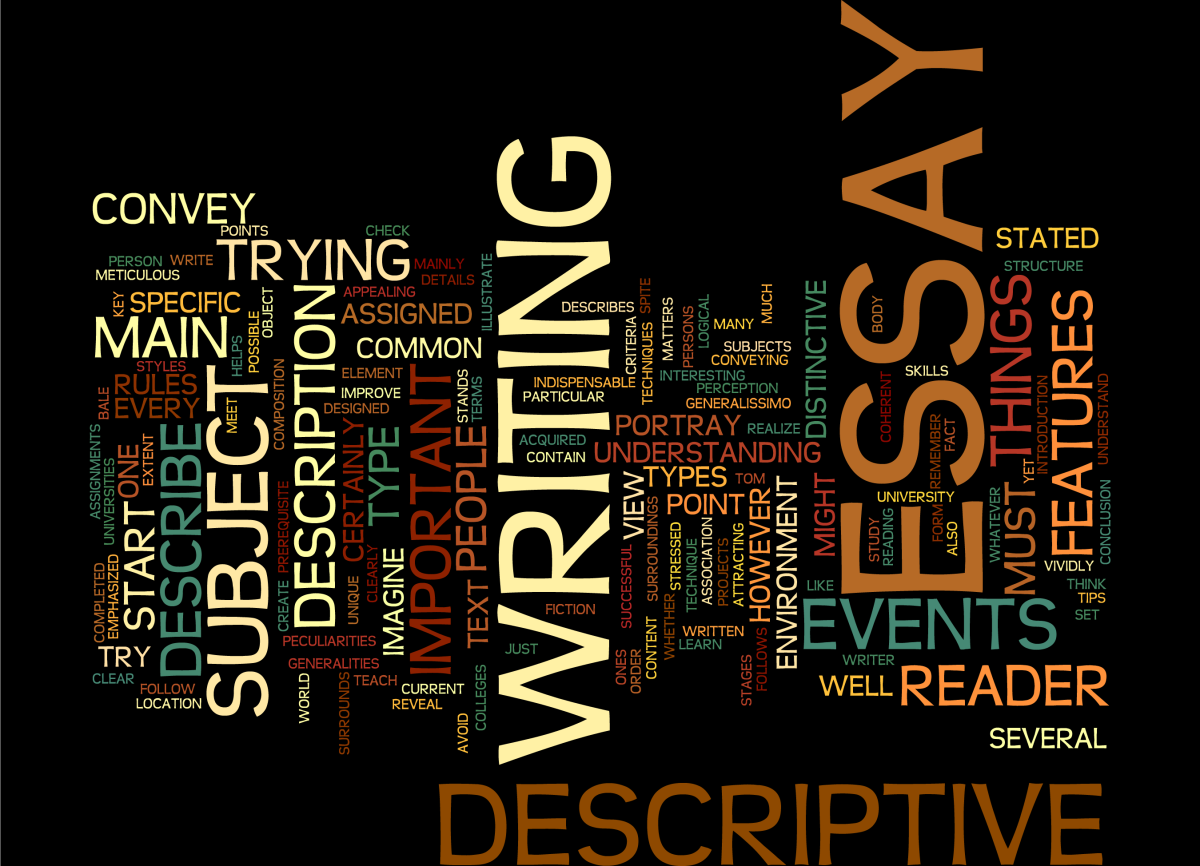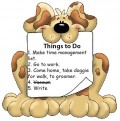Tips For Story Writers Who Want To Improve
Did You Notice the Qualifying Statement in the Title
Who want to improve….that is what this article is all about. As a former teacher I can tell you with full certainty that there are writers who could care less if they ever improve. Just stating the facts, folks, so don’t shoot the messenger. I’ll bet you know one of them, or follow one of them on a writing site. You know the writer I’m talking about. Their work last year sounds the same as their work this year; there have been no improvements, the same blah, blah and blah again, cleverly disguised with new titles.
But since you already read that phrase…..who want to improve….you know this article is for serious-minded writers…so I’m happy you are here. I hope you find something in this 1,100 word missive that will help you to move up to the next rung on the writing ladder.
These tips will help you whether you are a short-story writer, a novelist, or even if you crank out travel articles on a monthly basis. Good writing is good writing. Take that one to the bank and deposit it as a truth that will never fade away.
Shall we begin?

THE BACK STORY
Stories do not exist in a vacuum. They may have their present existence in the now, but there was a past that is very relevant. Readers need to know what shaped the characters. Readers need to know events that occurred to bring us to this point.
In short stories this is difficult, and the back story may be a sentence or two that hints at the past. In novels the job is easier; we are allowed pages to fill in the gaping holes. Great novel writers give us back story throughout the novel rather than all at once, thus allowing the novel to flow while at the same time inform about the past.
CLICHES
Cliches are clichés for a reason: they are often said. Good writers strive to avoid the obvious in their stories and their language.
In an article I recently wrote, I wanted to portray someone as being small in stature. Instead of writing “knee-high to a grasshopper,” an obvious cliché, I wrote “knee-high to a tall elf.” The end result was the same but I managed to create my own cliché rather than regurgitate that which many have already written.
Worn out phrases like “pretty as a picture” will bore your readers at best; at worst it might give birth to resentment. Travel a few more kilometers (go the extra mile) and give your readers something fresh to feast upon (sink their teeth into). Get the point?
FLAT, BORING DIALOGUE
Does your dialogue sound like real people talking? If you have two characters discussing something, do they both sound the same? How realistic is that?
Just as all writers have a unique writing voice, all people have a unique talking voice. Writers need to capture that uniqueness. Dialogue is more than relaying information; dialogue is part of setting a scene and making that scene lifelike.
Did any of you ever see the old movie “The Stepford Wives?” In that movie the perfect housewives are created….they are, in fact, robots, and they all act and sound the same. If you are a writer writing dialogue, the last thing you want is for your characters to all sound like Stepford wives. Give all of your characters a unique personality and way of speaking. Your readers will thank you for it.
Boring speaker but accurate in the information

FORESHADOWING
Readers want to feel like they could have guessed what was going to happen in a story or novel. Good writers recognize that fact and provide clues throughout the story or novel to allow the readers to guess along the way. Foreshadowing is best seen in mysteries. In a well-written mystery, clues are dropped throughout the story, allowing the reader to partake in the action and guess what the outcome will be.
Even if you are not writing a mystery, dropping a little clue is suggested. If you begin with tragedy and end with happily ever after, there should be some foreshadowing that suggests there might be a spark of joy at the end. Otherwise, all we are left with is Crime and Punishment, a thousand pages of gut-wrenching pain.
NARRATIVE ARK
This is often referred to as “seeing the big picture.” In chess it would be called “seeing the whole board.” From beginning to end, your story or novel has gone where exactly? What have we, the readers, learned? What was the point? What changes occurred and were those changes consistent with the story over all?
Perhaps it would be easier to think in terms of your theme. You cannot lose sight of your theme, the central point of your story. In novel writing, it is quite easy to become sidetracked or even derailed from the original purpose. Does your story or novel remain true to the theme? Does it stay focused?
You might think this sounds silly but I assure you it is not. I read a book once where a character was introduced in the fifth chapter. That character had nothing whatsoever to do with the story. He did not contribute to the telling of it at all. It was as though the author just wanted to squeeze in his next-door neighbor for our amusement. I was not amused.
AVOID PREDICTABILITY
I have read books, and I’m sure you have as well, where I knew what was going to happen before it happened. I knew where the story was going and I was bored during the entire journey. Is that what you want in your short story or novel?
Look for ways to turn the mundane into extraordinary. Look for ways to take the predictable and make it unpredictable. You have an imagination; use it.
Think about how complicated human beings truly are; now take that complicated nature and allow your characters to do the same. Yes, your heroine is a perfectly beautiful and wonderful person, but perhaps, just perhaps, she has some dark thoughts from time to time. Yes, your main protagonist is an ass of the highest order, but perhaps you can allow him to show compassion when that dog is hit by a car.
Think about how unpredictable life is. Use that fact. Toss in some curveballs instead of a constant diet of fastballs. I promise you it will make a positive difference in your stories. Remember always that the Arts represent real life, and writing needs to seem real to your readers.

That’s Enough to Get You Started
I don’t want you suffering from overload, so let’s stop there for today. Kick back and have a tall, cold one on me for a job well-done.
Do you want to improve? That is a question only you can answer. If your answer is yes then give these exercises a try from time to time. I do not expect them to be easy, but great writing is not supposed to be easy. Great writing takes hard work and dedication to improvement. I guarantee that these suggestions will make you a better writer; whether they make you a great writer is entirely up to you.
2013 William D. Holland (aka billybuc)
“Helping writers to spread their wings and fly.”










